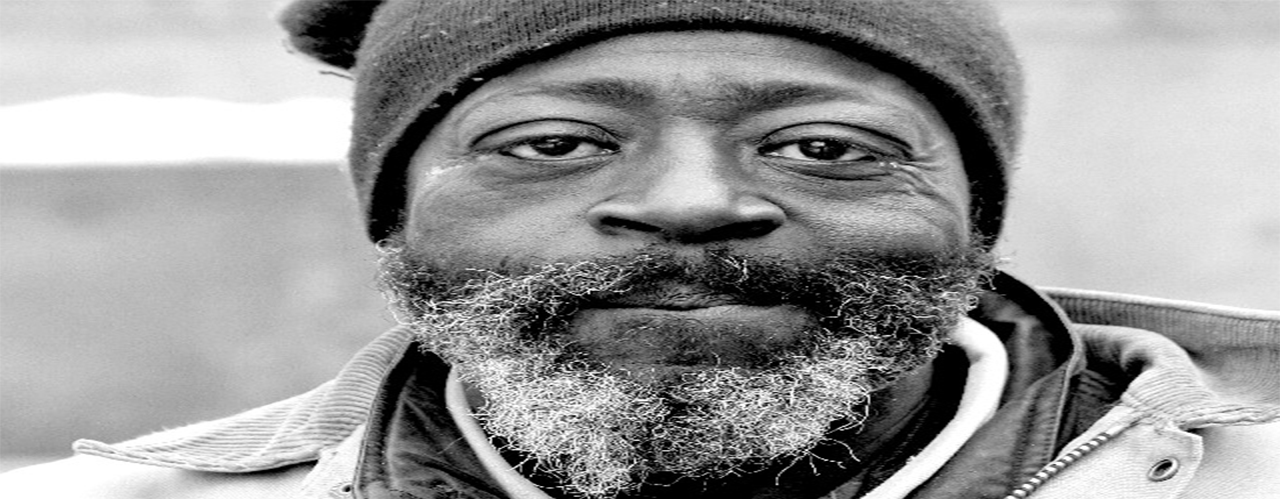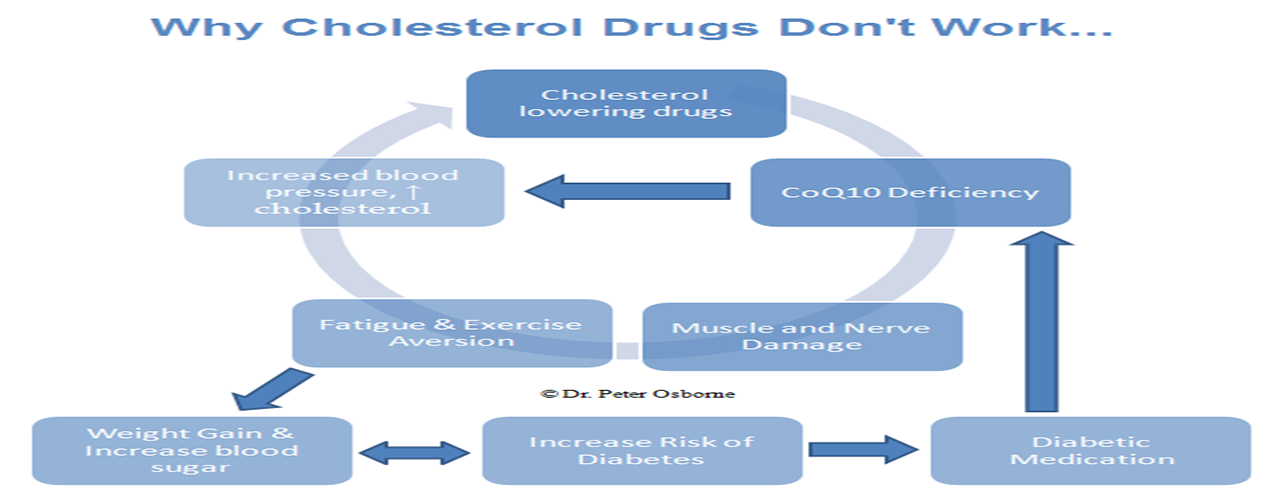It starts with a girl. She’s white, with immaculately curled hair. She is shy/clumsy/uptight, but deep down, she wants to open a bakery/be an artist/follow her dreams.
Then there’s the boy. He’s also white, with perfect teeth and hair like a businessman from the ‘80s. He works too much/doesn’t care about the holidays/needs help raising his kids because his wife recently died.
Maybe the roles are reversed; it doesn’t really matter. The lighthearted conflict between them goes on for 45 minutes to an hour, until they kiss at the end. Cue the music, fade to the credits, and then it starts all over again.
This is the Hallmark Channel’s Countdown to Christmas spectacular, a nonstop lineup of variations on the romantic holiday movie formula. In 2015 alone, Hallmark has released 17 new Christmas-specific movies, adding to their expansive back catalog of made-for-TV films. This year was my first time sitting down to watch their feel-good movie marathon, but the plotlines were familiar to me as an evangelical girl who grew up longing for a safe, happy, magical world where it felt like Christmas every day.
While mainstream culture scorns the romance as lowbrow and naively idealistic, it remains a hugely profitable enterprise thanks to its loyal readers and viewers. Last year, from Halloween to Christmas, Hallmark was the No. 1 channel for women age 25-54, and a single one of their holiday films, Christmas Under Wraps, attracted 5.8 million viewers. (That’s double the viewership of most Real Housewives shows.)
Once-niche “nerd” entertainment gained popular esteem as it proved itself lucrative (think Marvel movies, Star Trek reboots, and the like), but Hallmark Channel-style romance continues to elicit a degree of derision. No one is more acutely aware of the reputation of these sentimental and seasonal romances than the women who adore them. When I asked a few fans why they tuned in, the answers came in sheepish sentiments: I know they are predictable but… they are calming background noise… I just like happy endings… Christmas is a hard time of year, and they make me feel good… I’m probably too idealistic, but they are just so full of warmth….
These caveats offer some protection from judgment and let others know that they are aware of the criticisms of the genre. But perhaps loving the Hallmark Channel at Christmastime isn’t something to apologize for. More broadly, it may be time a shift in our language when we talk about loving something that we know isn’t perfect.
My friend (and Christ and Pop Culture founder) Richard Clark once told me he doesn’t believe in guilty pleasures. Watch what you want to watch, he said. If you truly feel guilty about watching something, maybe you should turn it off. As I read what fans told me about these pleasant movies, chock-full of bland actors and hopeful messages, I realized there is nothing to feel guilty about. They contain nothing morally wrong or hurtful or violent or exploitative. And yet, people (mostly women), still do.
Perhaps our desire for elite taste beyond the Hallmark Channel fare comes out of a sense of pop culture classism. While exploring the enormous popularity of Celine Dion, music writer Carl Wilson presented a theory from sociologist Pierre Bourdieu wherein taste becomes a way “to set ourselves apart from those whose social ranking is beneath us, and to take aim at the social status we feel we deserve.” We see this play out culturally in our sneers directed at Celine, romantic movies, or even the incredibly popular Adele. Anything deemed so accessible by women—women from a wide variety of classes, in particular—automatically becomes an issue of bad taste for those who consider themselves more refined.
This gendered and class-based judgment should distress us as Christians, as people called to break down cultural distinctions and barriers, not create or uphold them (especially when we happen to be on the “winning” or “artistically savvy” side). No one, as far as I can tell, regards the romance genre as a bastion of artistic innovation or importance. But as another music critic, Joel Heng Hartse writes, “What is taste, after all, other than love?” So many people love these movies and find them as hopeful as they are improbable. Perhaps the enormous popularity of romantic holiday movies serves as a reminder of our desire see happy endings played out before us, at least every now and again.
To be honest, the few movies I watched as research for this essay felt only mildly pleasant. I chuckled a little bit. Immersed in a world of few problems and many beautiful people, I felt happy enough when they got together in the end. I will probably watch one or two a year (any more than that and it does start to feel a bit like a money-making cash enterprise, the movies subsisting to sell advertising spots). As the writer and Countdown to Christmas fan Addie Zierman told me:
There's also a little tiny part of me that finds it sort of nice—this idea that somehow during Christmastime people start to see things better. Truer. They let go of old hurts. They forgive their parents. The go home after being away too long. They make peace with their past. Things are made right in the end.
Those desires—to see and experience forgiveness, homecoming, peace, redemption—all stem from deep spiritual needs. And wouldn’t it be better if we didn’t judge people for seeking out those kinds of stories, if instead we strove to find the commonalities of desire that transcend gender, race, and class? Now that would be a Christmas miracle, indeed.
D. L. Mayfield’s writing has appeared in various publications such as CT, McSweeney's, and Image Journal, among others. Her favorite romantic comedy is “The Decoy Bride” starring the magnificent David Tennant. Her book of essays titled Assimilate Or Go Home: Notes From a Failed Missionary on Rediscovering Faith will be out from HarperOne in August 2016. Find her at dlmayfield.com or on Twitter.



















